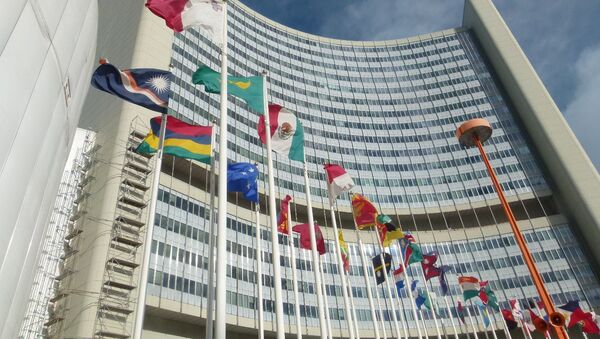"The liquidity crisis continues. We will probably end up with greater arrears at the end of this year than we had last year and forcing to borrow from other funds, including close peacekeeping missions," Dujarric said.
In October, UN Secretary-General Antonio Guterres announced that the world organization was facing a severe budget crisis. Following the announcement, the UN Secretariat put in place a set of measures, such as restricting the travel of staff, limiting heating and air-conditioning services and adjusting hiring practices to curtail spending.
The United Nations has found itself in a "strange place," where it will not have enough money to fulfill its budgetary obligations and may end up having to return some resources it was not able to spend, he also said.
The United Nations’ liquidity crisis is caused by delayed payment or non-payment of assessed contributions by its member states.
As of November 4, 133 out of 193 member states have paid their regular budget assessments in full.



